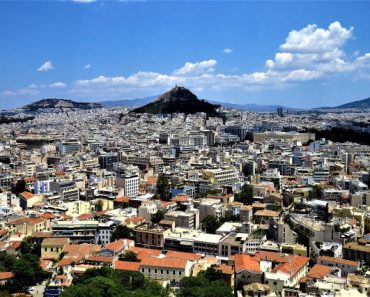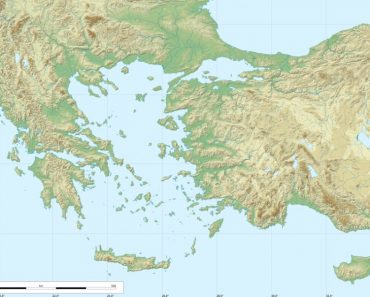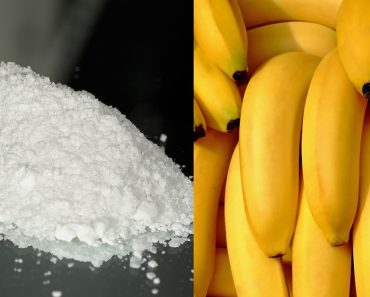Greece on Friday hailed as “historic” a deal with US energy giant ExxonMobil that could see the country’s first offshore drilling project in 40 years.
Prime Minister Kyriakos Mitsotakis said the agreement would open “a new chapter in Greece’s energy history”, coming on the heels of an exploration deal with Chevron last month.
His government has long sought to position Greece as a key player in gas deliveries to Europe, as Washington seeks every opportunity to squeeze out Russia’s energy influence in the region.
Environmental campaigners however criticised the deal, saying it represented a “huge risk” for whales and dolphins living in the local depths.
The deal was signed Thursday on the sidelines of a two-day conference in Athens attended by four members of the US cabinet including Energy Secretary Chris Wright.
Energy ministers from more than 20 countries and senior energy company executives also attended.
Under the agreement, ExxonMobil will hold a 60-percent stake in an existing venture of London-listed Energean and Greece’s Helleniq Energy to explore in the Ionian Sea west of Corfu.
Exploratory drilling in the Ionian could begin in the next 18 months, the prime minister said in a video message on social media.
Last month, Greece picked Chevron, another US energy giant, for hydrocarbon exploration in four marine areas in the Ionian Sea south of the Peloponnese, and south of Crete.
– Replacing Russian gas –
The agreement with ExxonMobil comes two weeks after most EU member states approved banning Russian natural gas imports by the end of 2027. The aim there is to cut off a major source of funding for Moscow’s war in Ukraine.
In recent years, Greece has been investing heavily in both renewable energy and natural gas to reduce its dependence on lignite.
The recent launch of the Trans-Adriatic pipeline connecting Greece and Bulgaria has enabled the country to contribute to the vertical corridor towards Bulgaria, Romania, Moldova, Ukraine, Hungary, and Slovakia.
The opening of storage infrastructure at the port of Alexandroupolis, near the Greek-Turkish border, where American LNG gas arrives, has also helped undermine Russia’s market in the region.
“Greece is the natural gateway for American liquefied natural gas to replace Russian gas in the region,” said Mitsotakis.
– Regional rivalry –
Athens has also been keen to get US commitment to the area to neutralise competing maritime claims by Libya, encouraged by Greece’s historic rival Turkey.
Libya angered Greece in 2019 by signing a maritime delimitation agreement with Turkey, which Athens argues disregards the rights of Greek islands, including Crete.







